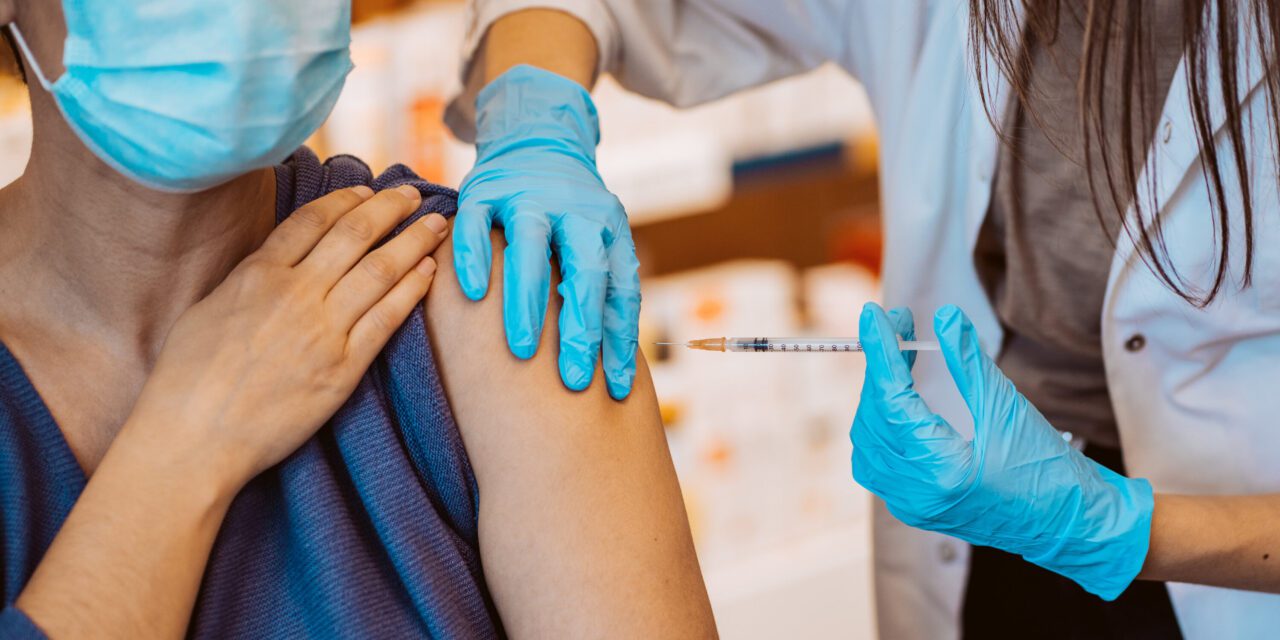Flu is shaping up as a major problem this year from May to October. Infection rates, hospitalisations and deaths are high in Europe and the US. Infections in Australia are already up 50% for January to March.
Viruses mutate and the current flu strains are more virulent than last year. Add to that “vaccine fatigue” and misinformation about vaccines have led to lower levels of vaccination increasing the risks of infection.
There is also an increasing risk of respiratory synctial virus (RSV) which is a particular problem for infants and people with compromised immune systems. It’s the most common cause of hospitalisation in very young children because it can lead to pneumonia and bronchiolitis.
To prevent RSV the Victorian Government has announced a long acting immunisation for all newborns whose mothers weren’t vaccinated during pregnancy until September this year. Infants aged up to two years will be eligible. Mothers are encouraged to get vaccinated during their pregnancy to help build immunity in their baby as early as possible.
It is recommended for adults, particularly older people, women and trans men who are pregnant and those with underlying health conditions to keep their vaccinations up to date for flu and COVID.
The new vaccine with this year’s mix of strains is expected to arrive early this month. Vaccination at pharmacies or GP surgeries is recommended.
This article is based on a media release from Minister for Health and Member for Macedon, Mary-Anne Thomas.



